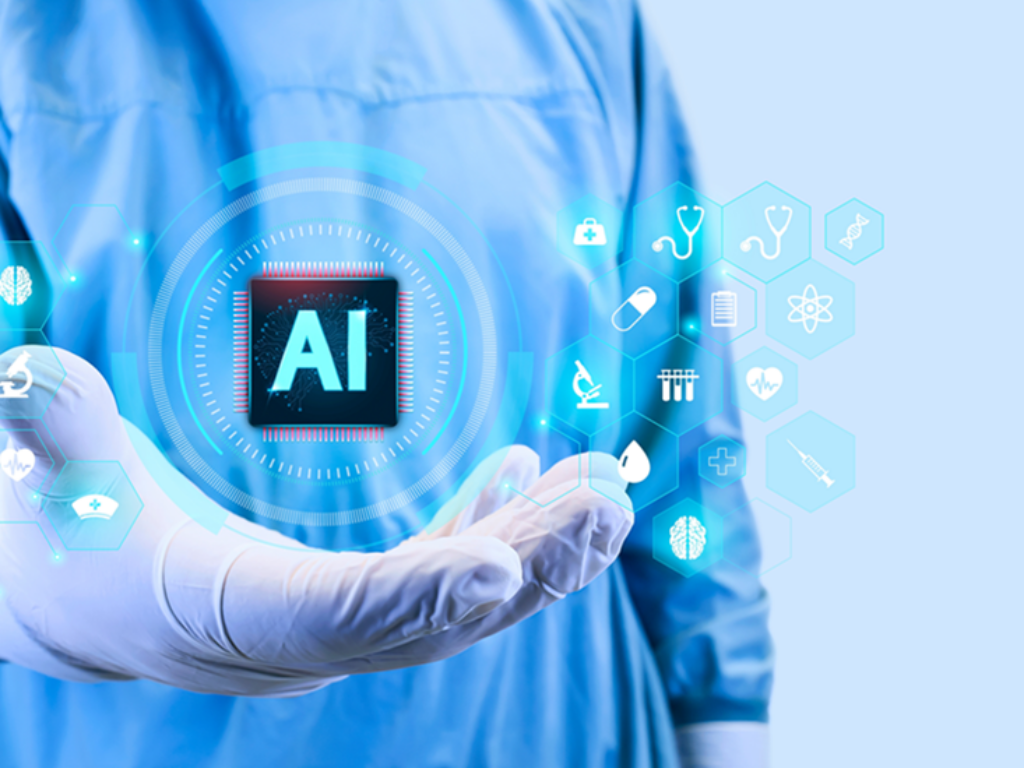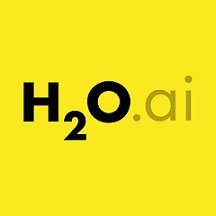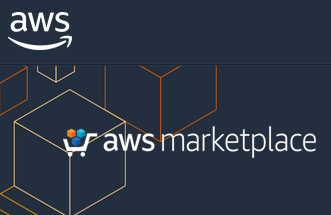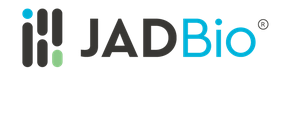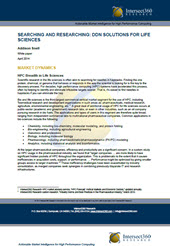Vultr’s latest industry report, Unlocking the Power of AI in Healthcare & Life Sciences, outlines the AI adoption and maturity successes the Healthcare & Life Sciences (H&LS) sector have implemented to positively impact enterprises and their finances.
Analysis of 145 Generative AI Startups IDs Opportunities to Remedy Pain Points in Healthcare and Life Sciences
Generative AI technology could deliver industry-changing improvements in healthcare delivery and life sciences productivity, efficiency and patient outcomes and presents a massive untapped opportunity for entrepreneurs and investors, according to a new market analysis by Justin Norden of GSR Ventures, Jon Wang, and Ambar Bhattacharyya of Maverick Ventures.
The Problem with ‘Dirty Data’ — How Data Quality Can Impact Life Science AI Adoption
Jason Smith, Chief Technology Officer, AI & Analytics at Within3, highlights how many life science data sets contain unclean, unstructured, or highly-regulated data that reduces the effectiveness of AI models. Life science companies must first clean and harmonize their data for effective AI adoption.
H2O.ai Showcases Healthcare and Life Sciences Leadership with Customer Successes, Breadth of AI Apps
H2O.ai, an AI Cloud leader, announced it has expanded its healthcare capabilities, now offering 40 AI applications across population health, precision medicine, public health and intelligent supply chain, supporting customers throughout the healthcare ecosystem including Bon Secours Mercy Health (BSMH) and Kaiser Permanente.
Webinar: Using Third-party Healthcare Data to Accelerate Drug Discovery and Clinical Trial Protocol Design
[SPONSORED CONTENT] In this virtual session, AWS Data Exchange will host a panel discussion with thought-leaders from healthcare powerhouse companies like QIAGEN and IBM Watson Health. Learn about the critical role third-party datasets have played in the evolution of the healthcare and life sciences industry. FRIDAY, AUGUST 27 at 11AM PT | 2PM ET
JADBio Provides AutoML for BioMed Data
JADBio is an AI startup company working with BioMed data. This remarkable team, headed by Prof. Ioannis Tsamardinos, has created an automated machine learning (AutoML) platform designed for life scientists. No Coding. No Statistics. No Math. No Problem … just add data.
HuBMAP Inaugural Data Release Puts Detailed Anatomical Data about Seven Human Organs at the Service of Scientists, Public
HuBMAP (the Human BioMolecular Atlas Program) has released its inaugural data for use by the scientific community and the general public. Included in this release are detailed, 3D anatomical data and genetic sequences of healthy tissues from seven organ types, at the level of individual cells as well as many bulk tissue data sets. HuBMAP’s ultimate goal is to provide the framework required for scientists to create a 3D atlas of the human body.
3 Reasons to Consider Text Mining
A growing number of life science companies use text mining to gather important insights from vast amounts of published information. The results of mining projects inform a wide range of business activities including drug discovery, drug interactions, clinical trial development, drug safety monitoring and competitive intelligence. Download the new Copyright Clearance Center white paper that covers three of the top reasons to consider implementing text mining for life sciences companies.
insideAI News Guide to Healthcare & Life Sciences
The insideAI News Guide to Healthcare & Life Sciences is a useful new resource directed toward enterprise thought leaders who wish to gain strategic insights into this exciting new area of technology. The guide provides an overview of the utilization of big data technologies as an emerging discipline in healthcare and life sciences. It explores the characteristics of this business strategy and the benefits of leveraging big data technologies within these sectors. It also touches on the challenges and future directions of big data and analytics in the healthcare and life sciences industries.
Searching and Researching: DDN Solutions for Life Sciences
The usage of HPC in life sciences is broad and multi-faceted. To efficiently use HPC resources and (more importantly) scientists’ time, pharmaceutical companies and other research organizations are pursuing consolidation and outsourcing, but successful implementation relies on high-performance data handling within a site and between sites. The SFA architecture from DDN addresses performance and scale within a site, creating a platform for efficient, high-performance data consolidation. And researchers worldwide are able to collaborate with WOS while avoiding barriers that restrict the usage of public cloud. With SFA and WOS, life sciences organization can continue to pursue their goals of both efficiency and discovery. To learn more download this white paper.

